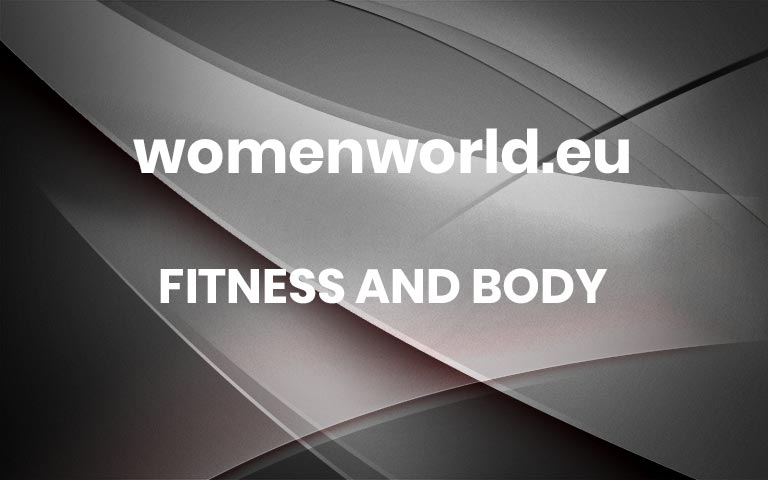Mercury is in retrograde: Buckle up, here’s how to protect your mental health
Life
by Ruman Baig
25 mins ago
Navigating the Annual Phase of Mercury Retrograde.
This frequently memed celestial phenomenon alludes to a series of disruptions that tend to crop up during specific periods annually.
Proponents of astrology believe that when Mercury is in retrograde, a vulnerable window opens up for communication breakdowns, relationship hiccups, and misunderstandings with those close to us. It’s as if cosmic interference temporarily disturbs our usual patterns of interaction.
But what exactly does “Mercury in retrograde” signify? Beyond its meme-worthy reputation, this expression refers to an astrological event where Mercury, the planet closest to the sun, appears to move slower than the Earth as they both orbit around the sun.
Normally, Mercury completes its orbit in 88 days, while Earth takes 365 days. However, during retrograde, Mercury’s slower pace creates an optical illusion that it’s moving backward. This phenomenon holds significance in astrology as Mercury is said to govern areas such as communication, technology, travel, news, and information. Therefore, when retrograde occurs, a series of mishaps—missed connections, miscommunications—can be expected.
Wondering why people react strongly to Mercury retrograde? It’s because Mercury’s influence over communication is believed to take on negative undertones during retrograde motion. This can manifest in lost emails, disrupted travel plans, and even shifts in relationships and misunderstandings. Some effects attributed to this period include brain fog, anxiety, headaches, and uncertainties in work and personal projects.
What can one do—or not do—during Mercury retrograde to navigate these challenges?
If you’re concerned about its potential impact, consider prioritizing self-care and a more deliberate pace.
Refrain from making significant decisions or starting new projects until after the retrograde has passed.
Avoid engaging in conflicts, as misunderstandings could be amplified during this time.
If emotions are running high, practice deep breathing or meditation to alleviate stress. It’s worth noting that even if you don’t personally subscribe to the phenomenon’s effects, those around you might. Thus, offering support and understanding is crucial.
Maintain perspective and avoid taking things personally
Remember, Mercury retrograde might be a celestial event with varying beliefs, but its impact on people’s lives is undeniable. Whether you’re a steadfast believer or a skeptic, embracing mindfulness and empathy during this phase is a universally valuable approach.
For more on luxury lifestyle, news, fashion and beauty follow Emirates Woman on Facebook and Instagram
Images: Instagram @sarashakeel More




